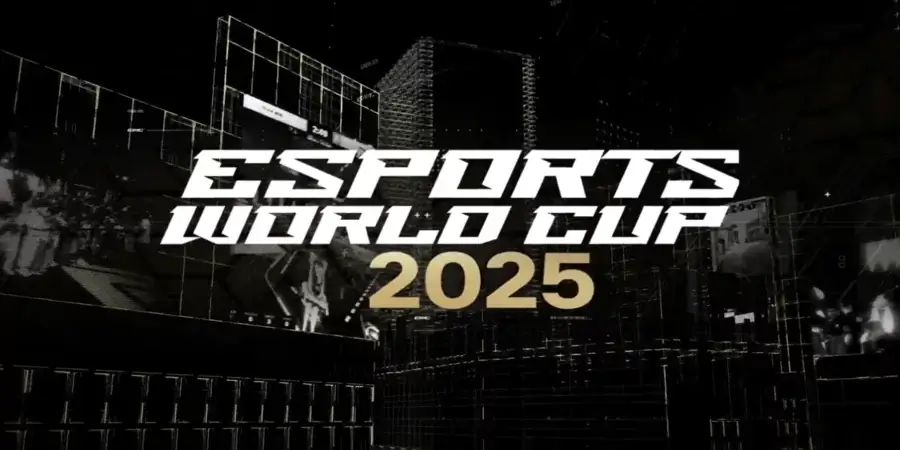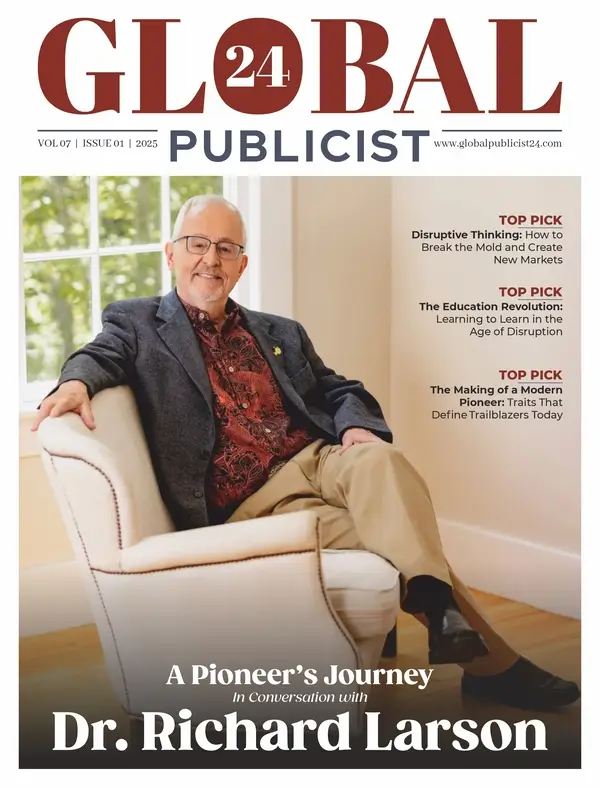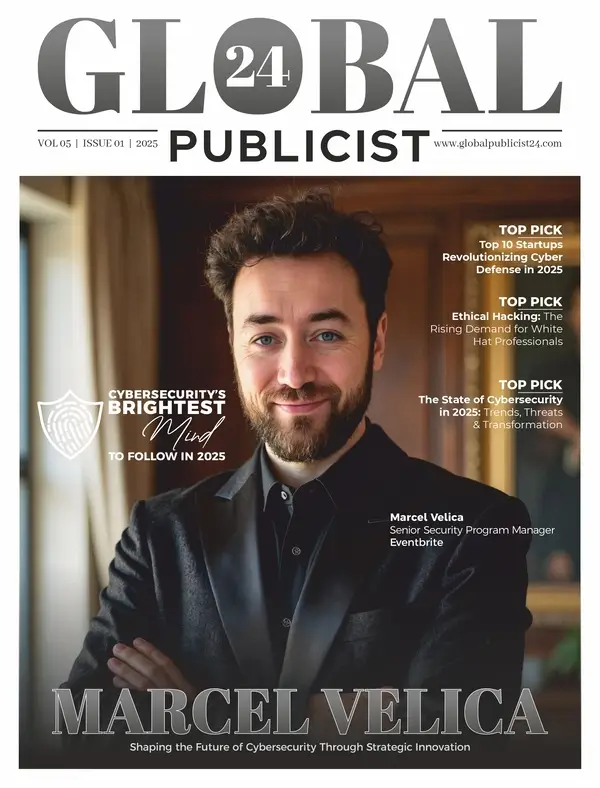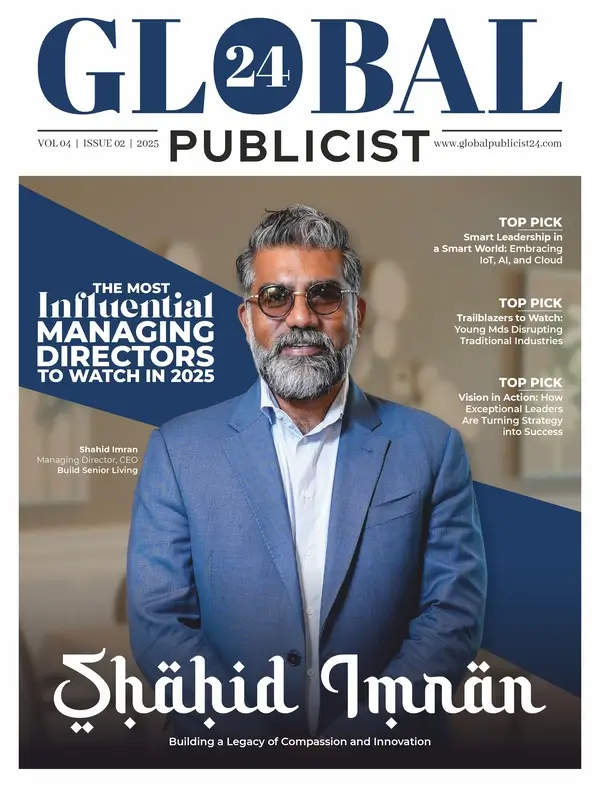Image credit: Esports World Cup Foundation
The eSports World Cup (EWC) 2025, which recently kicked off in Saudi Arabia, demonstrates how the Middle East is eager to change the way it is viewed by the rest of the world.
Professional gaming has become a key element of the region’s push to showcase how modern and culturally inclusive they have become.
Read on as we assess how the ongoing tournament could help the Middle East change long-standing global perceptions of countries in the region.
A Premier Digital Exhibition with Global Reach
With over 7,000 hours of live content being broadcast to 140 countries in 35 languages, this is undoubtedly the most ambitious eSports event ever staged.
Around 2,000 elite players and 200 of the top clubs from 25 tournaments are strutting their stuff, creating a charming attraction for fans of digital gaming worldwide.
Via partnerships with broadcast juggernauts such as FOX Sports, DAZN and Eurosport, and backing from production powerhouse IMG, the Middle East is putting on a show that will rival traditional sporting events.
Hosting a spectacle of this scale was a well-thought-out plan by Saudi Arabia as it bids to become a recognised player in the entertainment and technology economy.
For a region that has traditionally been associated with oil, conservatism and geopolitical tension, being at the forefront of this youth-driven digital industry is a remarkable play.
Hosting tournaments such as the EWC allows Saudi Arabia to connect to the younger generation globally. Gen Z and Millennials are not interested in international diplomacy, but cultural and digital relevance carries weight.
However, it remains unclear whether this increased visibility will mean a more positive shift in perception beyond big production and big money.
The younger generation has also proven to be more socially and environmentally conscious, which could work against the Saudi’s plans.
Cultural Resistance and the iGaming Dilemma
While Saudi Arabia has embraced eSports and a general digital revolution, not all Middle Eastern countries have been as keen to open their doors.
For instance, Kuwait has steadfastly refused to embrace modern digital entertainment avenues such as the associated iGaming industry.
While online gambling and betting are popular pastimes that some countries in the region are slowly embracing, Kuwait refuses to concede an inch.
It is worth noting that online casinos in Kuwait are available, but they are run by international operators. Arab players use Virtual Private Network (VPN) software to bypass oversight.
However, Kuwait and many other Middle East countries outlaw gambling, even though most global eSports tournaments have lucrative partnerships with betting firms.
Kuwait remains culturally sensitive, and its Islamic laws give no room for iGaming, despite the country investing heavily in digital infrastructure.
The knock-on effect is clear. Platforms and brands that would typically monetise eSports through betting cannot operate in certain parts of the Middle East.
If the eSports World Cup wants to be a beacon for Middle Eastern modernity, it must balance this desire for engagement with censorship, monetisation and digital freedom.
Fail to do so, and the outside world won’t take these efforts to modernise the Middle East seriously.
Investment vs Image
The eSports World Cup is enthralling the younger generation with its incredible production, but it has not been without controversy.
Detractors believe that the tournament, sponsored by the Saudi Arabian government, is a vehicle for ‘sportswashing’ – using high-profile events to cover up issues such as human rights violations.
Players and organisations face a moral dilemma. Team Liquid, one of the top eSports teams in the business and advocates for LGBTQ+ rights, have noted the contradiction.
Founder Victor Goossens said it is a sensitive and tricky topic, but sees their involvement as crucial for survival in the new eSports landscape.
However, top players such as Chris CCH have refused to participate due to his beliefs. He has also admitted that avoiding future Saudi-linked tournaments will be almost impossible.
These issues overshadow the tournament for many gaming fans, raising questions about whether the Saudi push for modernity will result in them making some more liberal policy changes.
Saudi Crown Prince Mohammed Bin Salman has facilitated the entry and blending of western culture with Islamic traditions.
He could soon make more liberal reforms as he bids to align Saudi Arabia with other economies worldwide.












